35 years supporting Brazil’s Indigenous peoples in defending their rights and territories across the world’s largest rainforest.
Rainforest Foundation US’s efforts are currently concentrated in the northern and southern Brazilian Amazon states of Roraima and Mato Grosso, respectively.
We work with the Yanomami people in western Roraima, whose territory constitutes the largest swath of rainforest under Indigenous control in the world. We also work in Raposa Serra do Sol, a key territory in the ongoing struggle for Indigenous peoples’ land rights in Brazil, and the Xingu Indigenous Territory in Mato Grosso, where infrastructure development and deforestation threaten this 6.5 million acre oasis of forest and rivers.
This includes working with the Indigenous Council of Roraima (CIR) on defending the demarcation of Raposa Serra do Sol, both through a case at the Inter-American Commission on Human Rights, as well as supporting the movement against the Marco Temporal legal thesis. We’re also working with the Instituto Socioambiental-ISA, the Xingu Indigenous Association (ATIX), and the Xingu+ Network to carry out Free, Prior, and Informed Consent protocols in light of major development projects that would impact their lands.
Over 5.4 million acres (2.2 million hectares) of Indigenous peoples territories are monitored through the coordination of monitoring hubs spanning four of the most vulnerable territories under CIR. Together with CIR, we plan to grow this network over the coming years. We also partner with Seduume, a Ye’kwana association, and the Wai Wai people of Roraima, to harness mapping and data technology to bolster their advocacy efforts.
We support our partners in enhancing the way they work based on insights and data from their forest monitoring programs. This comprehensive approach is integral to all our partnerships.
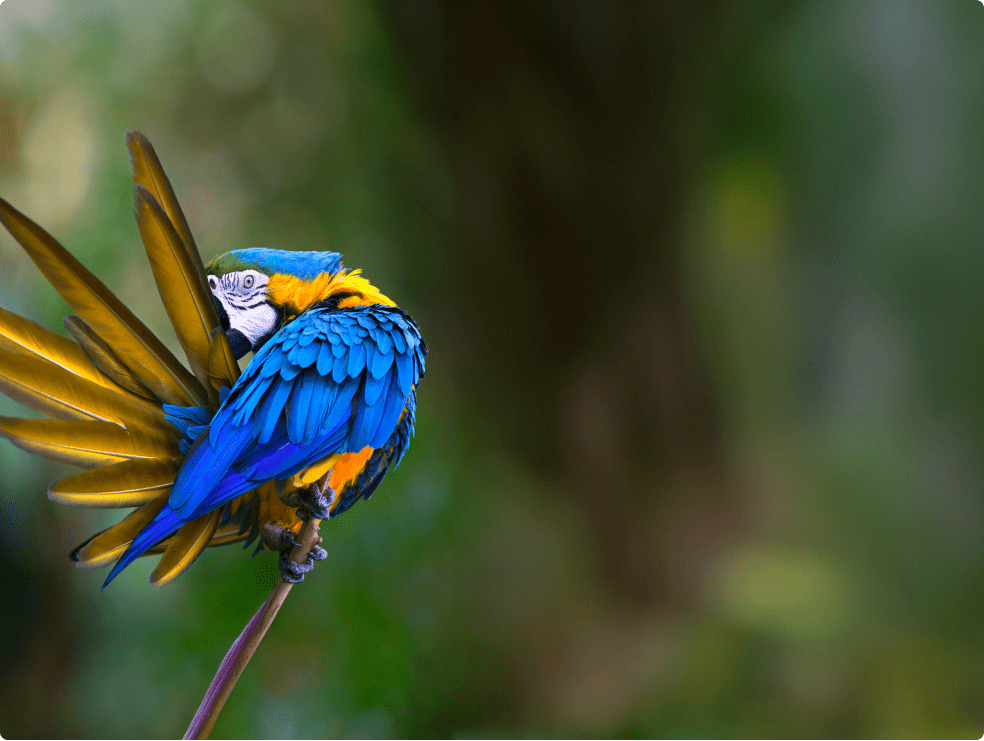
Brazil is the most biodiverse country in the world.
Fifteen to 20% of the world’s biological diversity is found across the country’s six biomes.
With nearly 60% forest cover, Brazil also contains the Earth’s largest area of tropical rainforest and two-thirds of the Amazon rainforest. The Brazilian Amazon is home to a wide range of endemic and endangered animals, including the Amazon river dolphin, the giant river otter, and the harpy eagle. As part of the largest above-ground carbon store, its survival is essential in the fight to curb the global impacts of climate change.
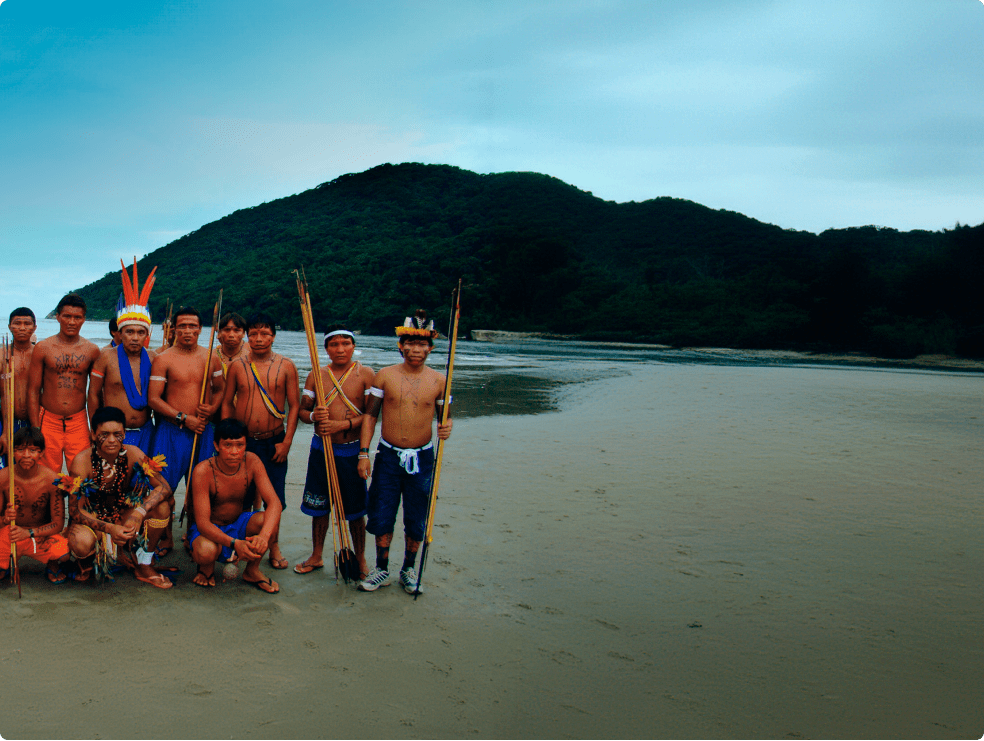
According to the 2022 census, Brazil’s population of 1.69 million Indigenous peoples includes 305 distinct groups.
This includes the Yanomami, Ashaninka, Guarani, Tukano, Macuxi, and Wapichana, to name a few. In addition, decades of careful research suggests that more than 100 indigenous groups remain uncontacted, living in voluntary isolation in the forest.
To date, 782 Indigenous territories—representing nearly 13.8% of Brazil’s land mass—have been officially recognized. However, an estimated 400 additional territories are awaiting titles, an essential step for Indigenous communities to defend themselves from violence and deforestation. The Indigenous movement in Brazil is strong, with a long history of achieving land rights and state recognition. However, events in recent years, including the legal debate around the Marco Temporal, show that much work remains to ensure the rights of Indigenous peoples.
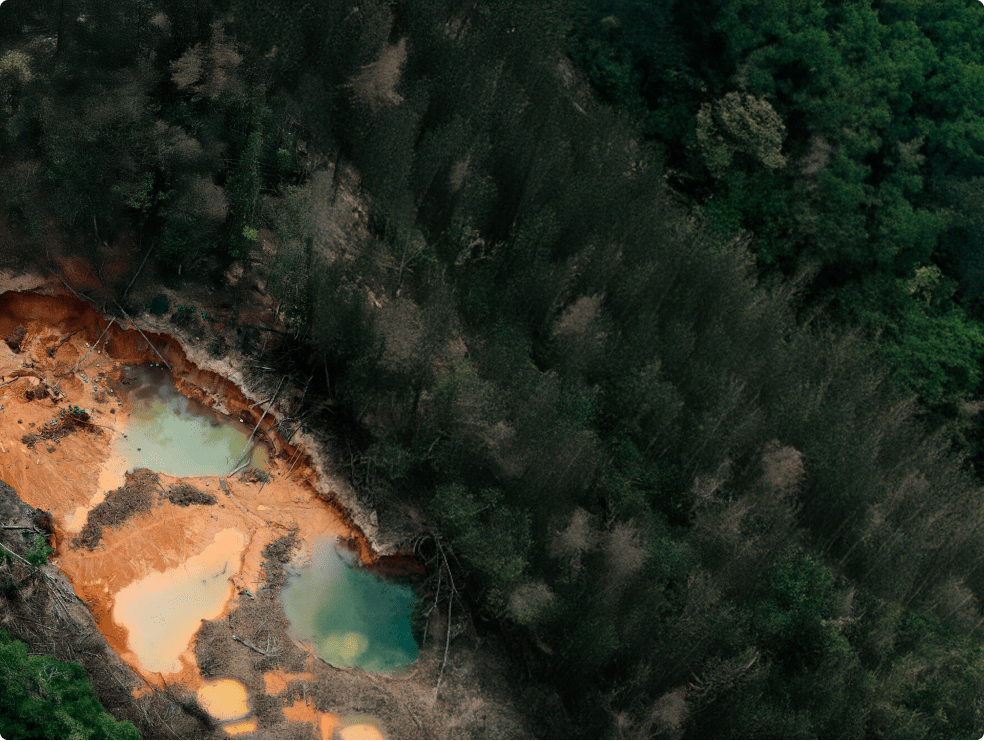
Deforestation in the Brazilian Amazon is happening at an alarming rate, accounting for a staggering 30% of global tropical primary forest loss in 2023.
In 2023, Brazil lost 2.8 million acres of primary forest, over four times the size of Yosemite National Park. Political threats and the Bolsonaro administration’s promotion of large-scale agriculture, mining, logging, and land-grabbing worsened deforestation. Despite Lula’s 2022 election, pro-extractive forces remain influential in Congress, posing ongoing threats to the Amazon and its Indigenous peoples.
Cattle ranching, driven by Brazil’s leading beef export industry, is the main cause of deforestation, often encroaching on primary forests and Indigenous lands. Illicit mining also contributes to forest devastation, water pollution, and violence against Indigenous communities. Infrastructure projects under Lula’s administration, including new dams, ports, and roads as part of the Initiative for the Integration of the Regional Infrastructure of South America (IIRSA), are expected to increase deforestation.
Since 2014, at least 296 environmental defenders have been killed in the Amazon.
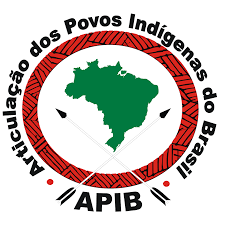
Coalition of Indigenous Peoples of Brazil is the umbrella organization representing all Indigenous peoples of Brazil. Since 2005, APIB has led Indigenous peoples’ resistance to policies and programs that threaten rights and lands. RFUS partners with APIB on global advocacy, among other work, as part of the Global Alliance of Territorial Communities.
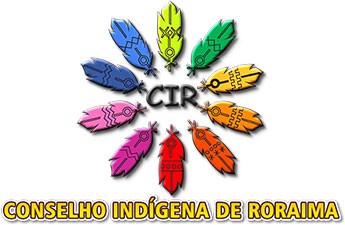
Indigenous Council of Roraima is the main representative Indigenous organization in the northern Brazilian Amazon state of Roraima. RFUS has partnered with CIR for some 20 years providing legal, financial, and strategic support for the demarcation of Raposa Serra do Sol, and ongoing human rights advocacy and initiatives.
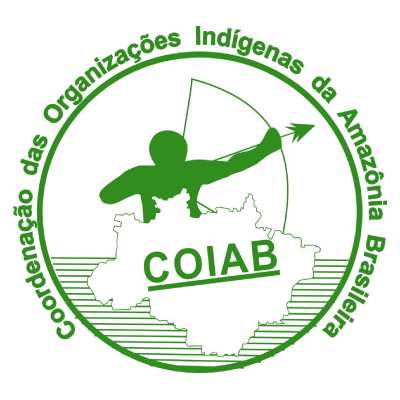
The Coordination of Indigenous Organizations of the Brazilian Amazon, founded in 1989, is the largest regional Indigenous organization in Brazil. COIAB’s mission is to defend Indigenous peoples’ rights to land, health, education, culture, and sustainability, aiming at their autonomy through political articulation and strengthening of Indigenous organizations.
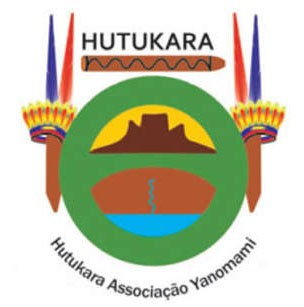
Hutukara Yanomami Association was established in 2004 to represent the Yanomami people of the northern Brazilian states of Roraima and Amazonas. RFUS worked closely with Hutukara in its early days, providing capacity strengthening for the organization as it spread its wings, as well as supporting a younger generation of leaders. We have also been active in a number of Yanomami-led campaigns and initiatives over the years.
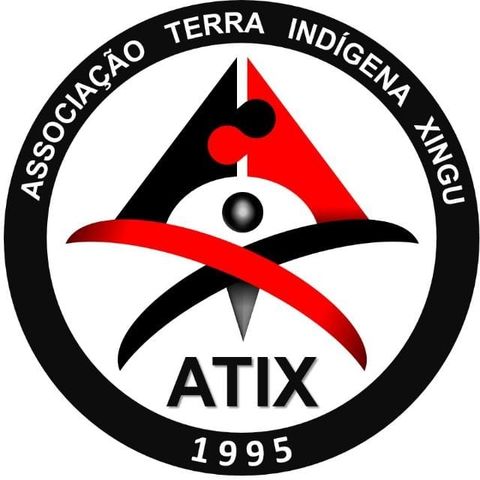
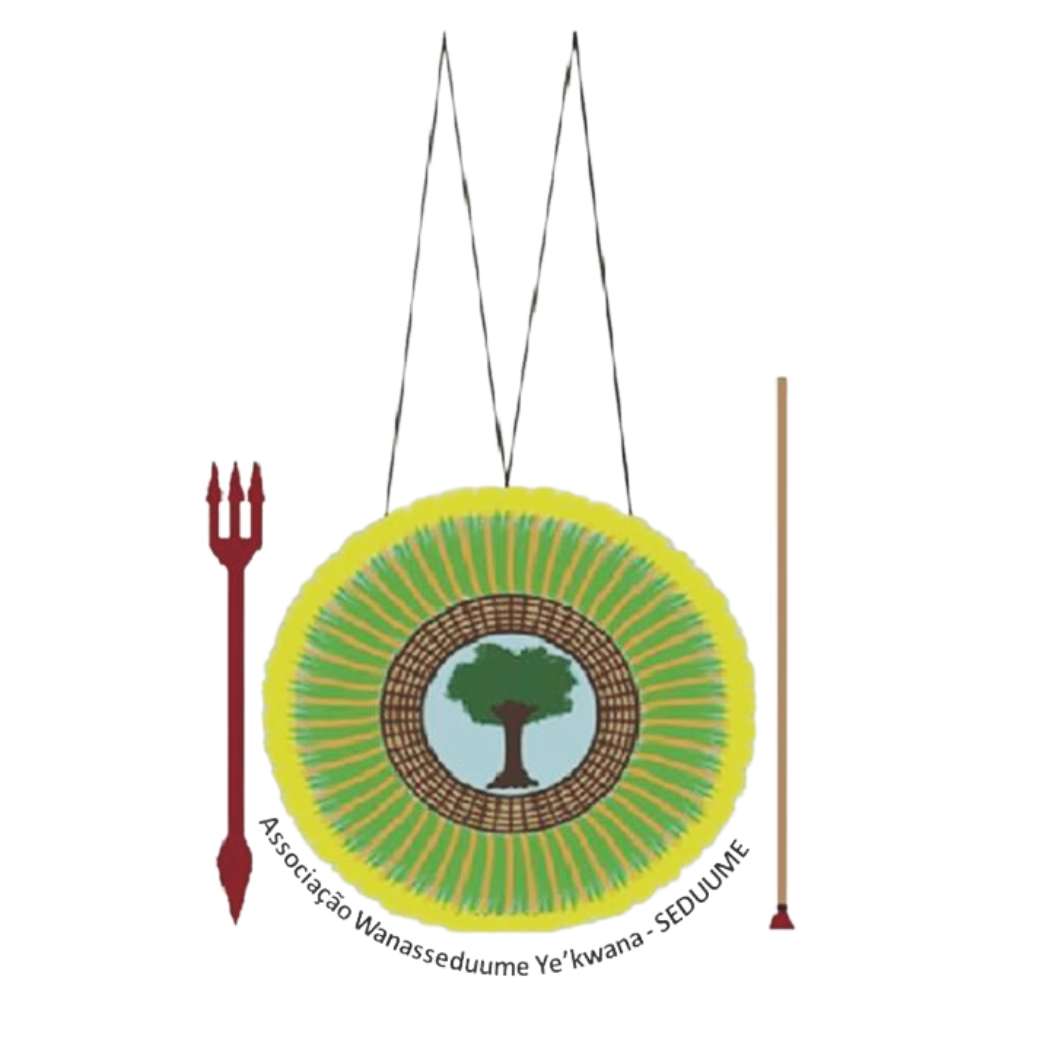

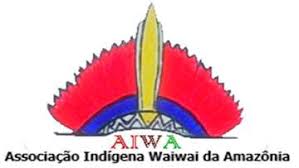
Take Action NOW on rainforest protection and Indigenous peoples’ rights
Are you interested in other ways to support us?
Learn more here.



Get news, updates, and stories from the rainforest—straight to your inbox.
Land Acknowledgement
Rainforest Foundation US recognizes and honors the original peoples of the land on which our headquarters is based in Brooklyn, New York: The Ramapough Munsee Lenape, who have cared for these lands and waters for generations. We ask the Ramapough Munsee Lenape people’s permission to be here as their guests and ask their blessing for the good continuation of our work.

How much do you know about the world’s rainforests?
In honor of World Rainforest Day, we’ve put together a quiz to test your knowledge about these vital ecosystems. See how much you really know—and learn a few facts along the way.